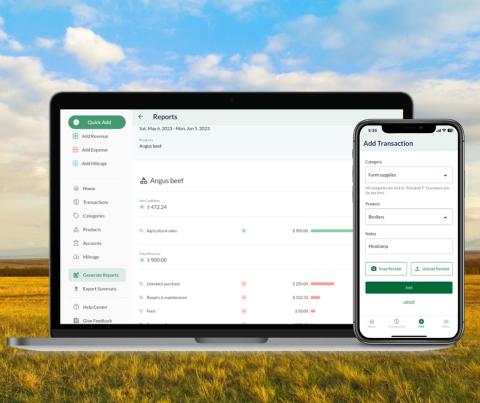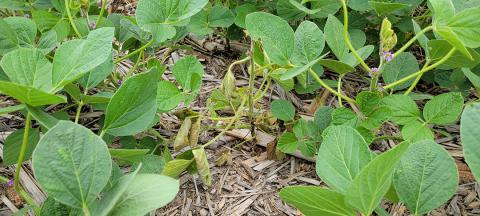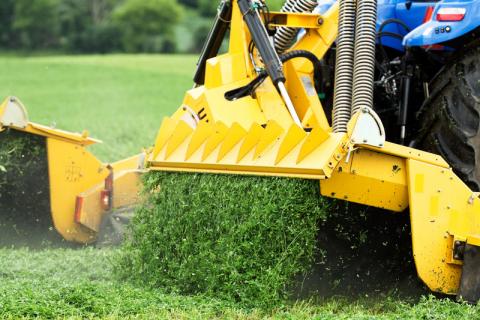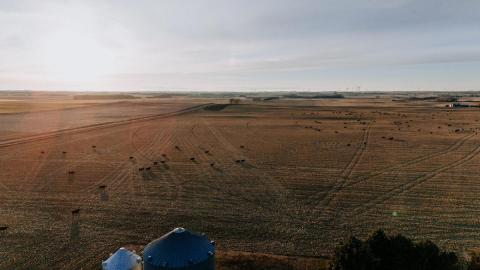USDA Partners with FarmRaise on Financial Tools and Resources for Agricultural Producers
June 7, 2024
A newly launched online tool assists livestock producers who suffered losses from severe weather, providing guidance on required loss documentation and a portal to submit their information to FSA county offices.
Diverse Seedling Diseases Present in Nebraska Soybeans
June 6, 2024
Identifying some of the common soybean diseases in Nebraska can be difficult, as they often share similar features. Here, Extension Specialist Dylan Mangel outlines characteristics and management options for each seedling disease.
Weekly Weather Outlook and Update: June 6, 2024
June 6, 2024
After some showers this weekend, Nebraska will receive its first real summer heat next week
Pasture and Forage Minute: Alfalfa Harvest Checklist, Managing Pasture Weeds After Drought
June 6, 2024
It's time for first cutting of alfalfa, which is a prime opportunity to assess field condition. Keep these factors in mind during harvest to get ahead of crop issues.
Free Farm and Ag Law Clinics Set for June 2024
June 6, 2024
Nebraska producers can receive free legal and financial advice through one of four clinics throughout June.
The Basics of Loans for Farmers and Ranchers
June 6, 2024
Extension Agricultural Economist Jessica Groskopf reviews basic information about loans, such as the difference between secured and unsecured loans, and what financial documents to prepare for a lender.
Nebraska Team Develops Technique to Speed Up Corn Gene Identification
June 6, 2024
UNL researchers' findings from the study could lead to faster creation of more resilient corn varieties and broader producer access to improved crops.

Turk Investigating Soil Health Over Time, a Key to Climate Resilience Strategies
June 6, 2024
Turk’s research will inform soil carbon sequestration strategies and advance understanding of soil health, which is key to agricultural systems’ capacity to withstand extreme weather.








